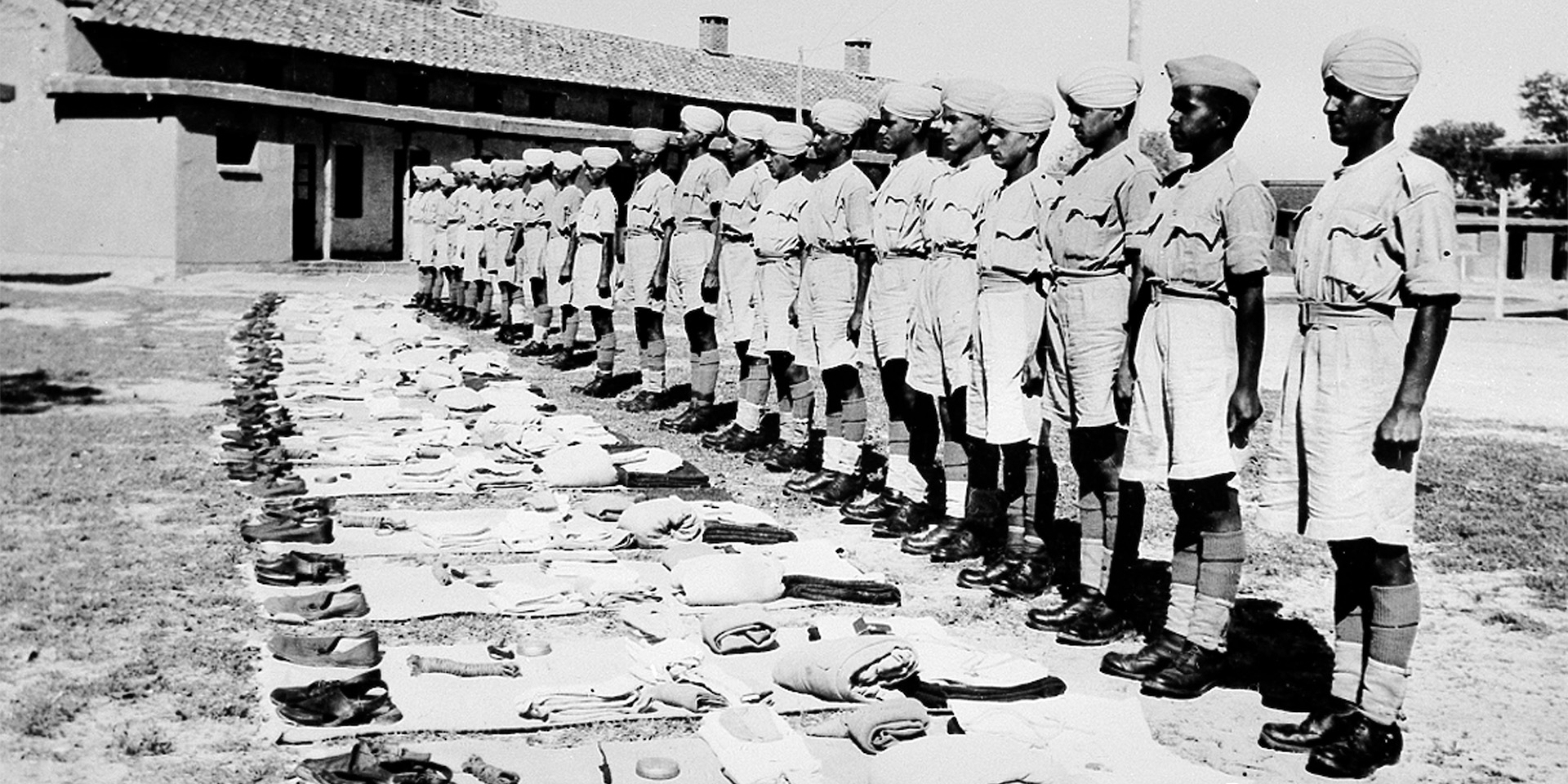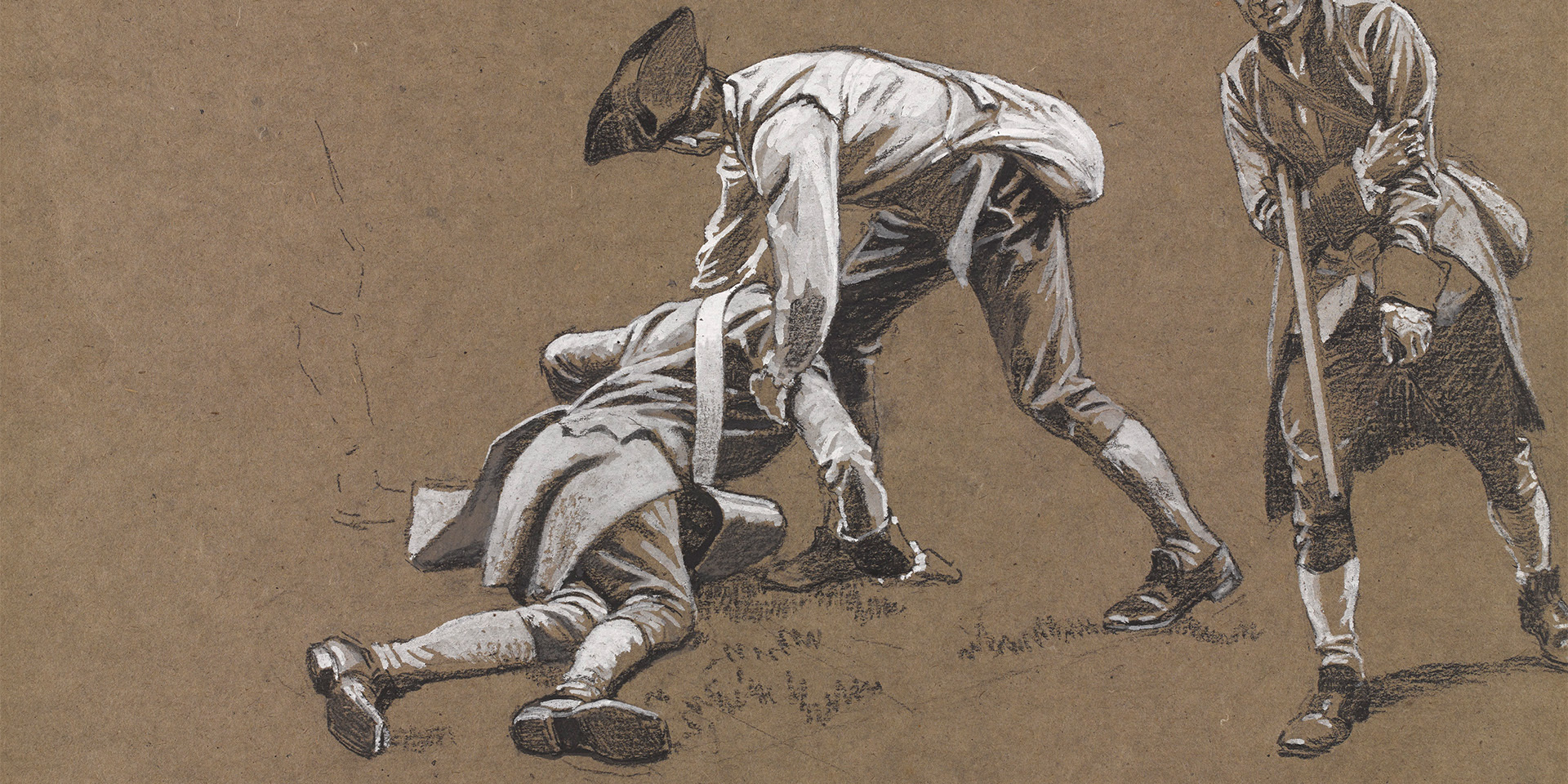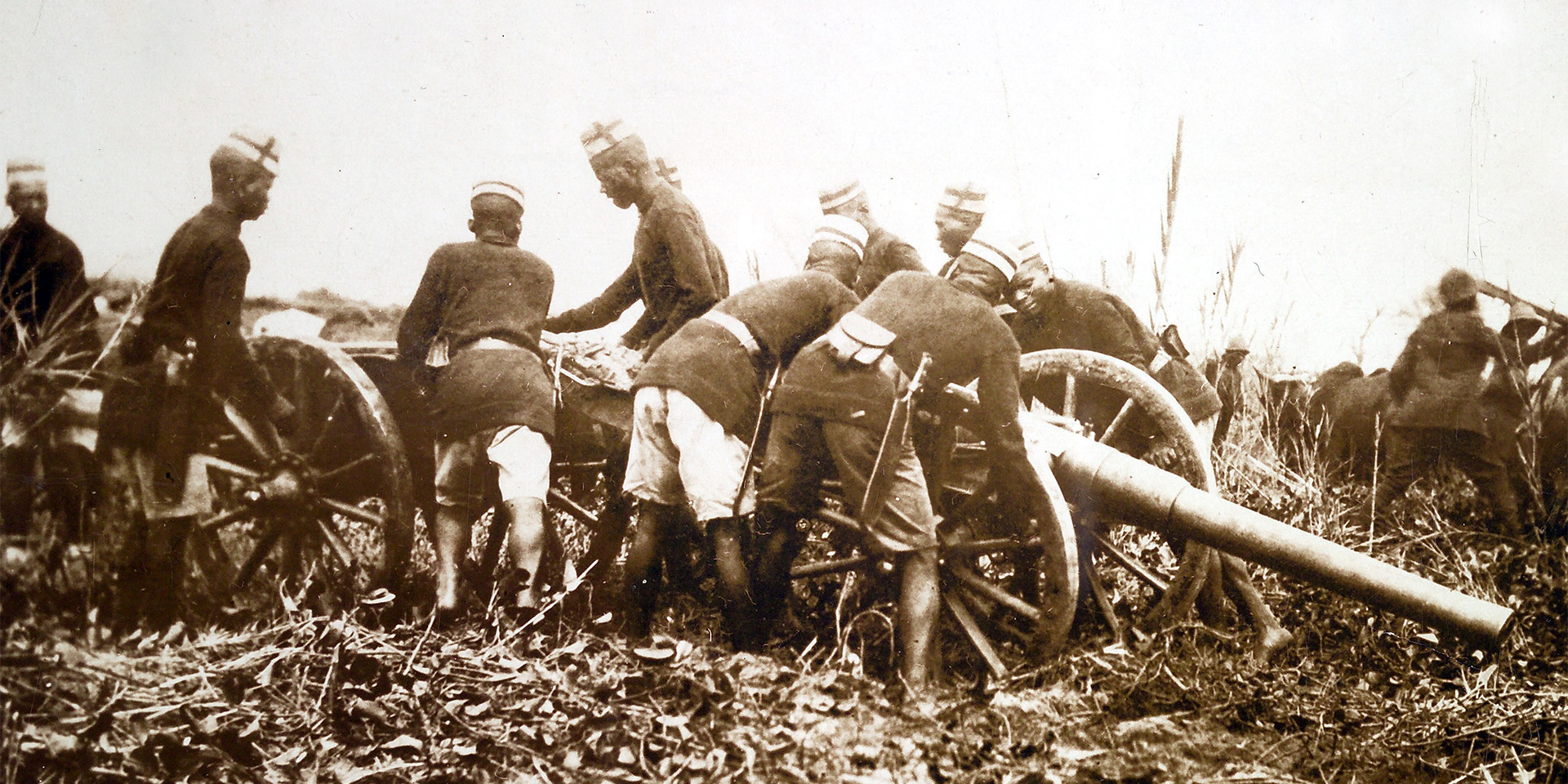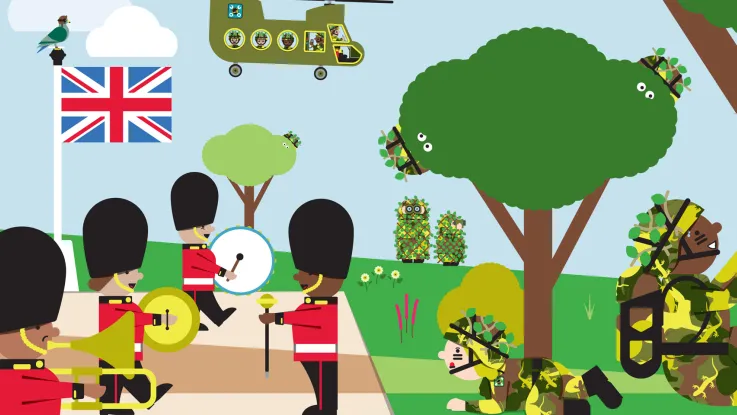
An unmissable day out
Find out moreComing soon at the National Army Museum
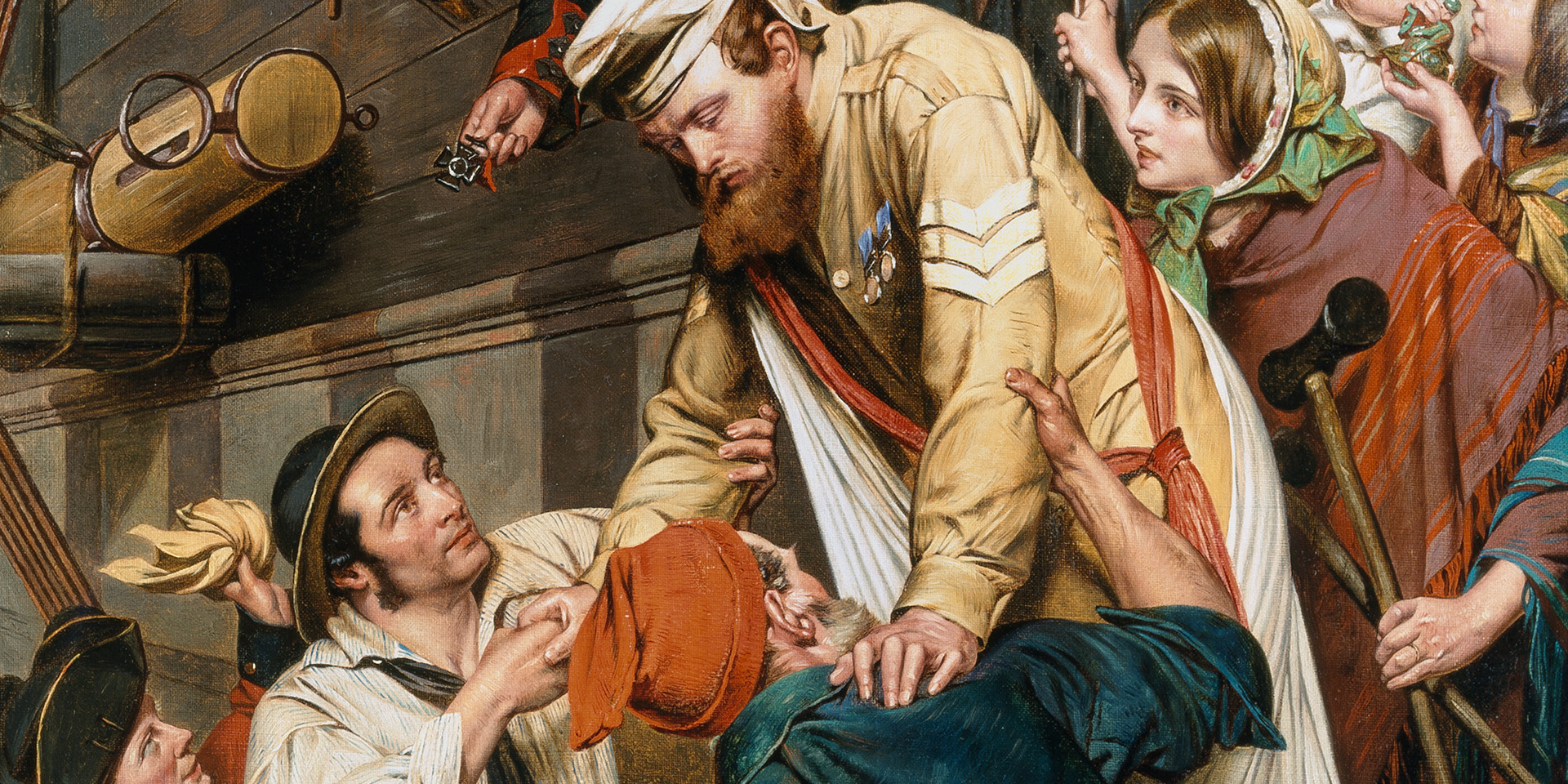
Myth and Reality: Military Art in the Age of Queen Victoria
This major exhibition of rarely seen artworks explores changing attitudes towards soldiers and the Army during Queen Victoria’s reign (1837–1901).
Stories of alliance

Become a member
Enjoy exclusive and discounted access to events, subscription to 'Muster' magazine, free entry to exhibitions, including members-only curatorial tours, and a 15% discount in the Café and Shop.

Sign up to our newsletter
Join our mailing list to find out more about exhibitions, events and the stories of soldiers who have shaped our world.

